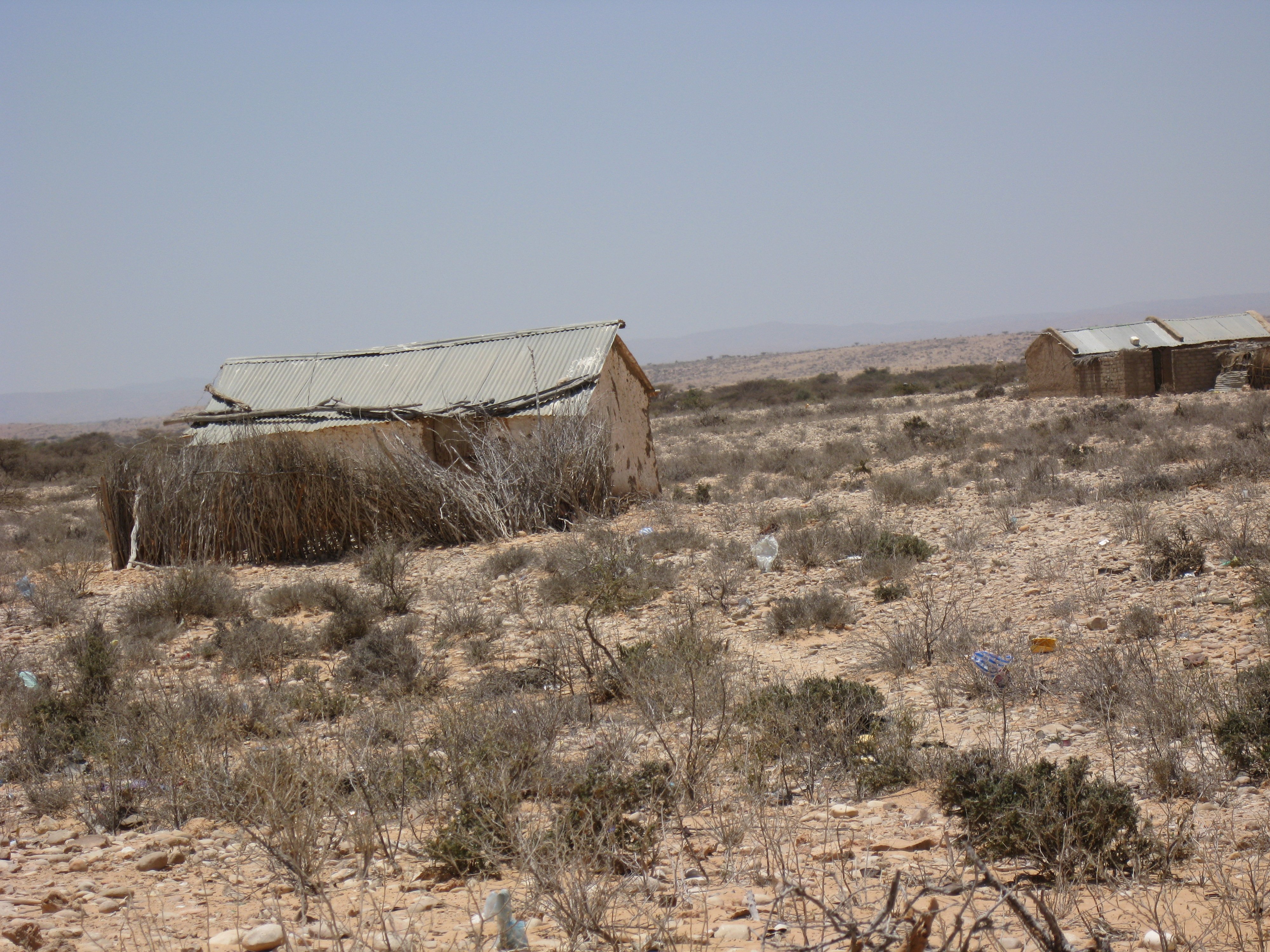Faced with a worsening humanitarian crisis, 3.5 million people - nearly half of Somalia's population - may need food aid by the end of the year, a food security analysis has warned.
The Somali situation was deteriorating fast due to rapidly rising food prices, an abnormally harsh dry season and a delayed start to the main April-June rains, the Food Security Analysis Unit (FSAU) of the UN Food and Agriculture Organization (FAO) said in a statement.
"The number of people in need of assistance [right now] has increased to 2.6 million people... an increase of more than 40 percent since January," it said. "This increase is mainly due to the addition of 600,000 urban poor."
The number of pastoralists in crisis and of internally displaced persons fleeing clashes in Mogadishu, has also increased.
For the first time, the FSAU said, the 600,000 urban poor (20 percent of the total urban population) were facing an acute food and livelihood crisis and a humanitarian emergency, as they struggled to cope with rising food and basic commodity prices.
Prices of both imported and locally produced cereals had increased 110-375 percent in the last year. The record high prices were also forcing parents to remove children from schools because of lack of funds.
"Despite all these coping strategies," Cindy Holleman, FAO’s chief technical adviser to FSAU, said: "Many urban poor households do not have enough money to pay for their basic minimum needs, with shortfalls of 10-30 percent of the total cost."
Drought
The drought was also becoming more severe in parts of southern and central Somalia, pushing more pastoralists into crisis, especially in the regions of Bakool, Hiran and Central.
Conditions in coastal areas of the Shabelle Region and pastoral areas in northern Somalia - Sool, Nugal and Hawd [Togdheer, Somaliland] - were also rapidly deteriorating.
Abdi Haji Gobdon, the Somali government spokesman, told IRIN the government had appealed to aid agencies to redouble their efforts to avert "this unfolding catastrophe".
The government, he said, was determined to improve the security situation in the country to allow easier access to those in need and facilitate the work of aid workers. It was also dealing with the printing of fake Somali currency which was contributing to inflation. "The government will soon be printing its own currency, which will be the only legal tender."
ah/cb
This article was produced by IRIN News while it was part of the United Nations Office for the Coordination of Humanitarian Affairs. Please send queries on copyright or liability to the UN. For more information: https://shop.un.org/rights-permissions





